Muammer Bilgiç asked a question to Sinan Durmaz from the Ministry of Industry and Technology.
Muammer Bilgiç:
Investment incentives have directive effects. Public expenditures, infrastructure construction and investments include energy consumption and material emissions. The authority will make significant contributions to the decarbonization of our country. Can you briefly talk about these changes regarding the decarbonization of the steel industry?
Sinan Durmaz from the Republic of Turkey Ministry of Industry and Technology:
Regarding the issues, we have carried out certain studies to create a low-carbon road map as of 2023. We have created a road map extending until 2053. This road map is open to the public and can be accessed on the Ministry of Industry page.
The work on decarbonization is clearer, and we act directly by taking the opinions of steel producers. They can directly inform our Ministry about their opinions.
On the future, a study/project will be carried out with the Japan Development Agency on greenhouse gas reduction in the Turkish steel sector in 2025.
The works we will carry out in other ministries and the problems of the current steel sector will be discussed.
Bilgiç then directed his question to Özgür Özsoy from Çolakoğlu Metalurji.
Muammer Bilgiç:
What are your efforts and goals in decarbonization? Do you have studies on reducing the carbon footprint?
Özgür Özsoy:
The 2050 targets are still being worked on, it is difficult for me to give net carbon footprint figures, studies and reporting are still ongoing. We will announce it with the reports at the end of the year.
We are also working on renewable energy, because the biggest impact comes from there, and good results will be achieved with renewable energy.
The road map is clear, only the timing and calculations on its effects are still ongoing, and accurate and clear figures will be announced with the reports. ' he responded.


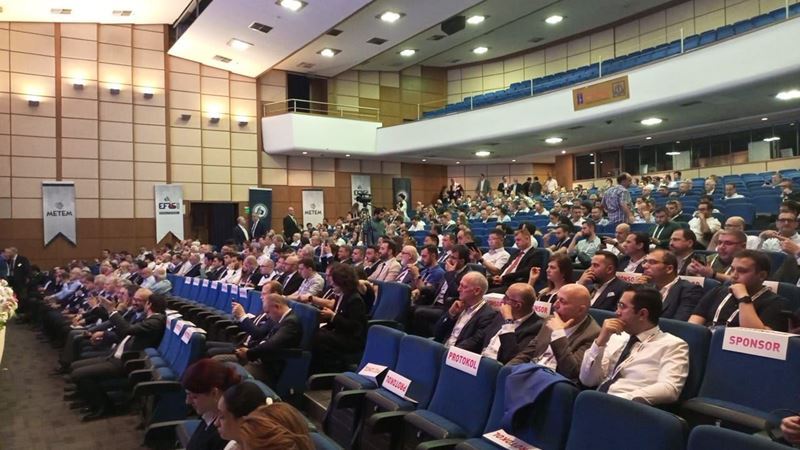
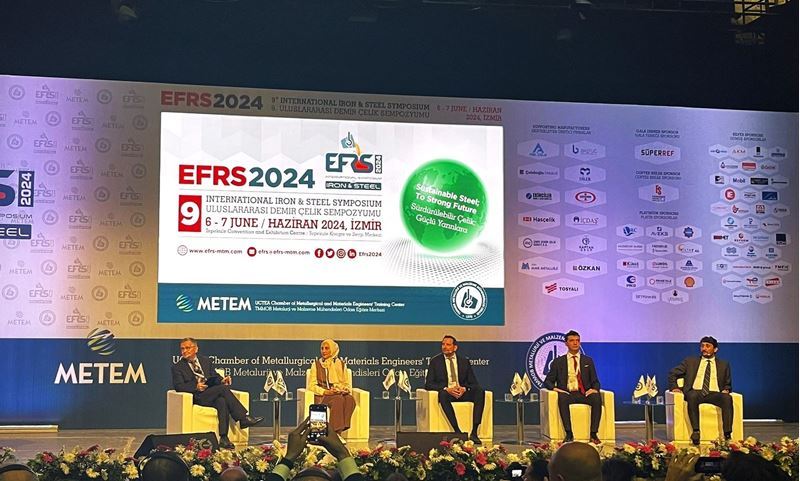

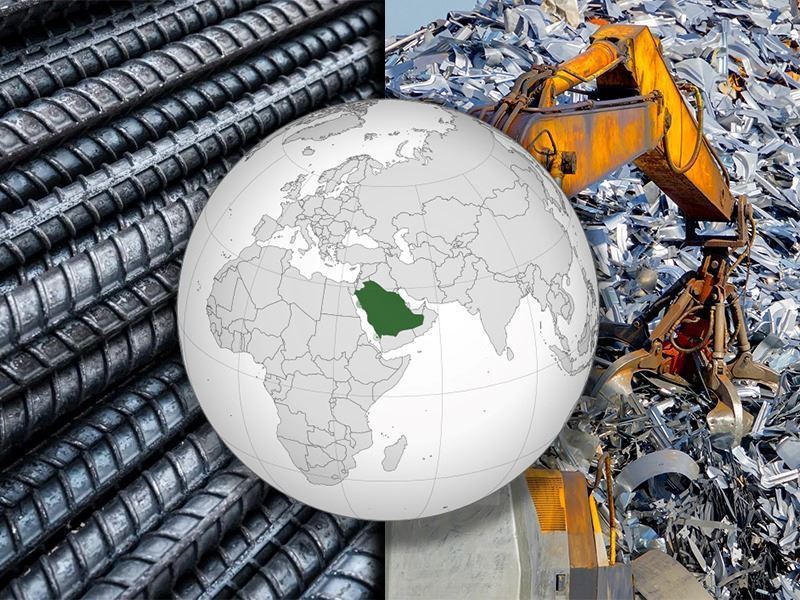
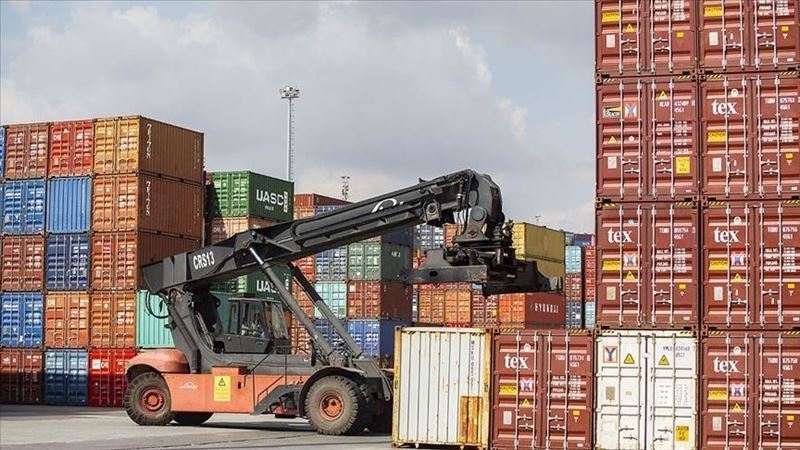

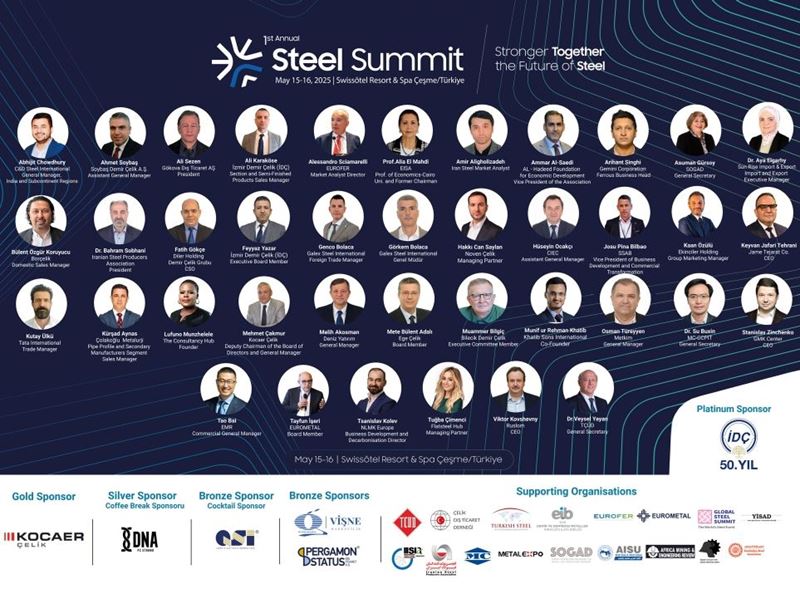



Comments
No comment yet.